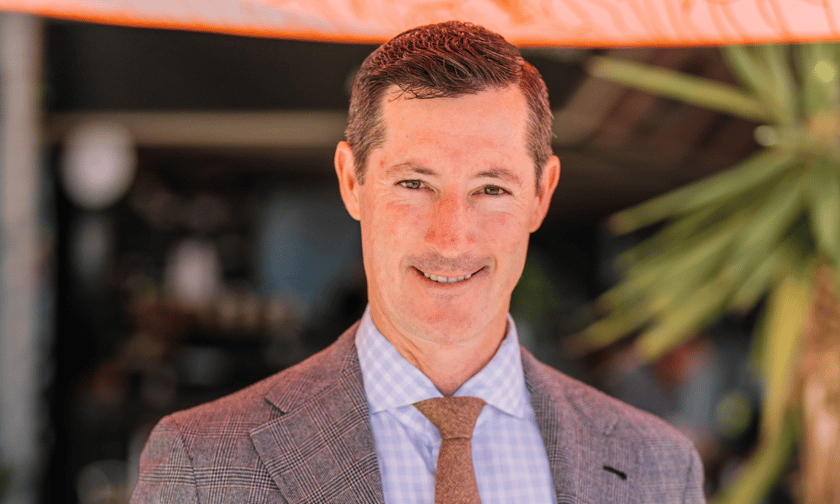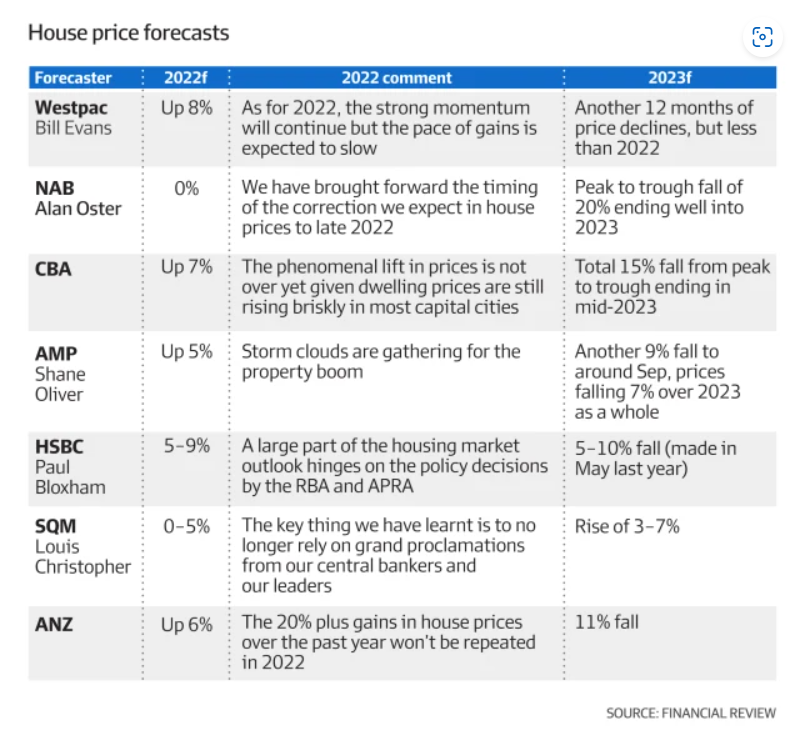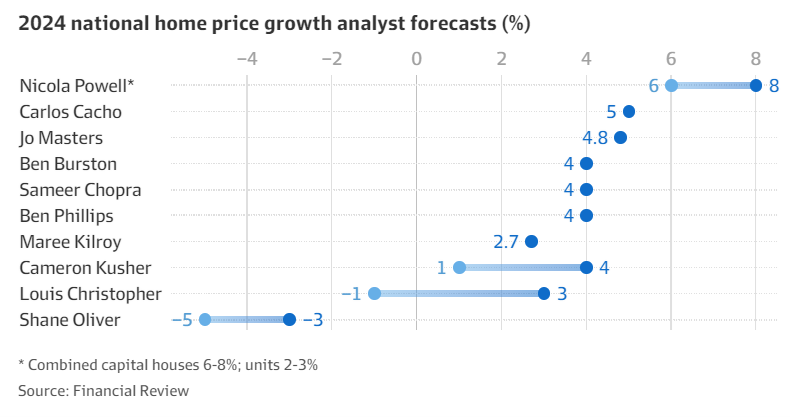

Following a 2023 that saw property values soar beyond most economists’ forecasts, a veteran market analyst now expects this trend to continue, predicting even higher growth in 2024.
“Australia is yet another reminder for people that conditions are never perfect,” said Simon Pressley (pictured above), head of research at buyers agency Propertyology.
“The negative Neville’s and Nancy’s will always focus on the imperfections, but the combined sum of all factors produces a net positive result in most years.”
At this time last year, many in the property market were understandably concerned about rising interest rates and the impending mortgage cliff.
After a bumper 2021 where housing prices rose a whopping 24.5% on the back of record-low interest rates, 2022 saw national dwelling values drop by 4.9%, according to CoreLogic’s national home value index.
With a recession looming over the Australian economy, many economists went into 2023 forecasting double-digit market corrections. 
Many economists were wrong.
CoreLogic’s national Home Value Index (HVI) rose 8.1% in 2023 – nearly exactly the amount forecasted in the 2023 Propertyology Market Outlook Report.
“The ridiculously tight housing supply across many Australian locations combined with significant household financial capacity are key pillars that ordinarily propel annual house price growth in excess of 8%,” the report said.
Importantly, the annual increase came in a year that saw five further rate rises amid one of the most aggressive interest rate rising cycles in Australia’s history.
With the RBA expected to cut rates in the second half of the year and the “tightest ever” housing conditions likely to not ease any time soon, Pressley said real estate enthusiasts have been dealt a strong hand in 2024.
“House values are likely to increase by between 13% and 20% in one Australian capital city and numerous regional townships,” Pressley said.
“Throughout the last four years, I have consistently pointed out that Australia’s property market strength is underpinned by record low housing supply (for sale and for rent), the strongest household incomes in 50-years and the highest ever household equity.”
However, Pressley, again, holds a contrarian view within the market.
The Australian Financial Review’s 2024 national home price analyst forecast survey reported many pundits tipped gains of somewhere from 1%-5% with the most optimistic, Domain’s chief economist Nicola Powell, predicting a 6%-8% rise.

CoreLogic’s research director Tim Lawless also painted a dour picture, after December’s 0.4% increase saw 2023 finish with a relatively soft monthly rise in home values.
“This was the smallest gain in our national monthly HVI since values started rising in February,” said Lawless.
“After monthly growth in home values peaked in May at 1.3%, a rate hike in June and another in November, along with persistent cost-of-living pressures, worsening affordability challenges, rising advertised stock levels and low consumer sentiment, have progressively taken some heat out of the market through the second half of the year.”
While Pressley admitted that the conditions may not be perfect in 2024, the combined sum of all factors were “overwhelmingly positive” overall.
While Pressley anticipates inflation will begin to lower throughout the year, Propertyology still regarded inflation as the biggest unknown for 2024.
“Household budgets will be in significantly better shape by this time next year after another wage increase, along with the mid-year income tax cuts and (possibly) interest rate relief for mortgage holders,” said Pressley.
Pressley said increases in take-home pay would also benefit household confidence.
“It will increase business revenues, create more jobs, boost the income of tenants, improve household borrowing power, increase first home buyer activity and support more owner-occupier upgrades,” he said.
“For property investors, that extra annual income will offset some of the annual shortfall between rental income and investment expenses. That’s something every Australian should want to see happen.”
Assuming inflation does continue along a similar path to the last 12-months, Propertyology anticipates that property markets in general will perform better in 2024 than during 2023.
Australia’s best
Pressley predicts 15%-20% growth is possible in various regional locations. Propertyology anticipates the highest rates of capital growth in the 2024 calendar year will include Rockhampton QLD, Handorf SA, Bunbury WA, central Queensland, Port Lincoln SA, Albany WA and north Queensland.
Perth WA
With house price growth of 13%-18%, Perth will be Australia’s best-performing capital city in 2024, according to Pressley.
“While the current outlook is strong, it is wise to always be mindful that Perth’s lack of adequate economic diversity leaves its property market vulnerable to weak periods whenever China’s demand for the state’s commodities deteriorates,” he said.
Brisbane QLD
Pressley predicted 9%-13% growth.
Adelaide SA
“When objectively evaluating the combined sum of all factors which influence property markets, Adelaide has the best overall capital city fundamentals for the medium term. I predict 8%-12% growth,” Pressley said.
Sydney NSW
“The current version of Sydney is not the economic powerhouse of the pre-pandemic period. I anticipate 3%-7% growth in 2024,” Pressley said.
Darwin NT
“Australia’s top end capital city has a current median house value that is the same as this time ine-years ago, but it will begin to emerge in 2024. I predict 3%-6% growth,” Pressley said.
Hobart TAS
“The city that produced one of the longest growth cycles in Australian history suffered a 12-month bout of ‘buyer fatigue’ from September 2022. Current fundamentals are solid,” Pressley said.
“The unique economic and natural assets of Australia’s Treasure Island are too good for me to remain anything other than bullish about Tasmania’s medium to long term potential. I predict 2%-4% growth.”
Melbourne VIC
Pressley predicted 0%-3% growth.
“The state’s ability to support economic growth will be significantly hindered for a decade or so due to the enormous state debt, onerous taxes and an interest bill that is fast approaching $1 billion per month,” Pressley said.
Canberra ACT
Pressley predicted a 1%-2% decline in growth.
